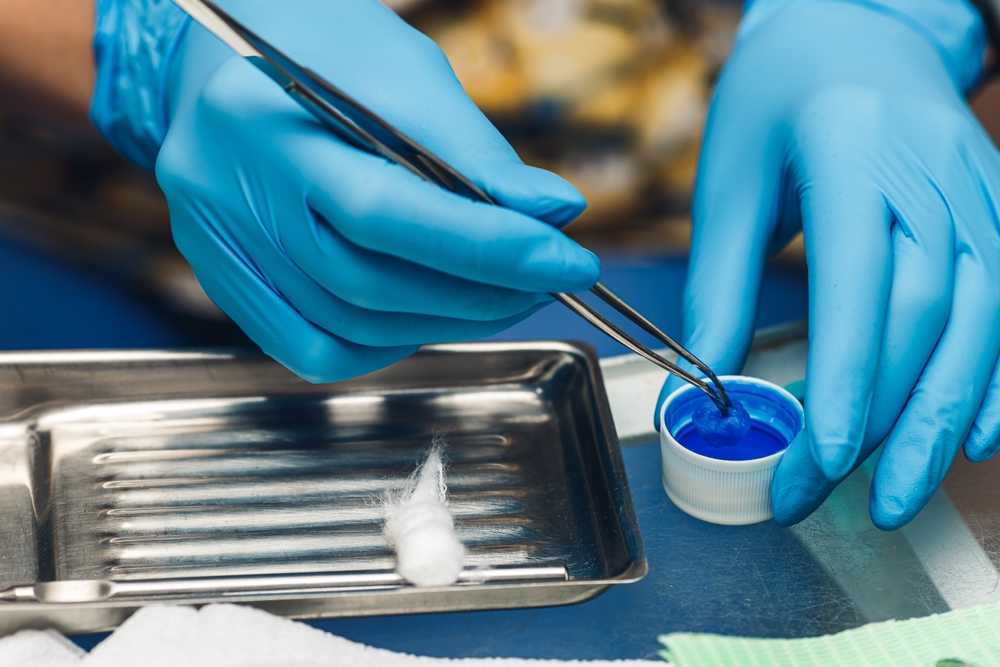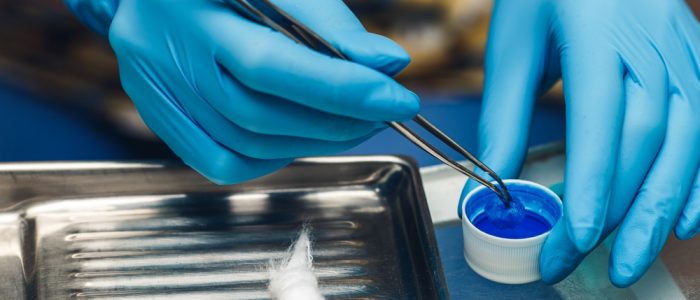What to Know About Fluoride Treatments

One essential aspect of preventive dentistry is a fluoride rinse. However, after your dentist applies this treatment, what are the dos and don’ts?
The team at Northside Dental Clinic in Springfield, MO, explains the advantages of fluoride and what to consider post-treatment.
What Is a Fluoride Treatment?
Fluoride treatments involve the application of fluoride to the teeth in a concentrated form, typically as a gel, foam, rinse, or varnish.
Fluoride is a mineral proven to be helpful in preventing tooth decay and strengthening tooth enamel. While fluoride is commonly found in toothpaste and tap water, it’s a key preventive measure applied after your routine dental cleaning.
Related Post: Dental Cleaning FAQs
What to Know After Your Fluoride Treatment
You’ll need to take a few precautions to ensure the continued effectiveness of the treatment.
After a fluoride treatment, refrain from eating or drinking for at least 30 minutes. This allows the fluoride to be fully absorbed by the teeth, maximizing its protective effects.
In the hours following your fluoride treatment, opt for soft and non-acidic foods. Avoid hot, cold, or spicy foods that compromise the effectiveness of the fluoride treatment. Consider foods rich in calcium and vitamin D, as they contribute to overall oral health.
Water is your best friend after a fluoride treatment. Staying hydrated helps wash away any residual fluoride and promotes a healthy oral environment. Water over sugary or acidic beverages maximizes the benefits of your fluoride treatment.
Related Post: Is Diet Soda Better for Your Teeth?
While regular brushing is a crucial part of maintaining oral hygiene, it’s recommended to wait for a few hours after your fluoride treatment before brushing your teeth. This delay allows the fluoride to continue its work undisturbed.
Why Do Dentists Use Fluoride?
Strengthening Tooth Enamel
The primary objective of fluoride treatments is to fortify tooth enamel.
Enamel is the outermost layer of the tooth and serves as a protective shield. Fluoride promotes remineralization, a process that helps repair weakened enamel and prevents the progression of tooth decay.
Preventing Tooth Decay
By stopping the growth of harmful bacteria and promoting a more acid-resistant environment in the mouth, fluoride treatments significantly reduce the risk of tooth decay.
Related Post: How Do Dentists Fix a Dead Tooth?
This is especially crucial for individuals who may be more susceptible to cavities, such as children, seniors, and those with a history of dental issues.
Suitable for All Ages
Fluoride treatments are safe and effective for all ages. Children benefit greatly from these treatments as their developing teeth are more vulnerable to decay.
Additionally, adults can maintain optimal oral health and prevent potential dental issues with regular fluoride treatments.
Quick and Painless Procedure
One of the key advantages of fluoride treatments is their simplicity and convenience. The procedure is quick, typically taking only a few minutes, and is entirely painless. Patients can typically resume their daily activities minutes after the treatment, making it a time-efficient preventive measure.
Cost-Effective Prevention
By preventing the onset of cavities and other dental problems, people can avoid more invasive and expensive treatments in the long run.
Dental Cleanings in Springfield, MO
By understanding what fluoride treatments entail and following post-treatment guidelines, fluoride can benefit your oral health. Call our team at (417) 862-2468 to schedule your routine cleaning or to talk through any concerns about your smile.

